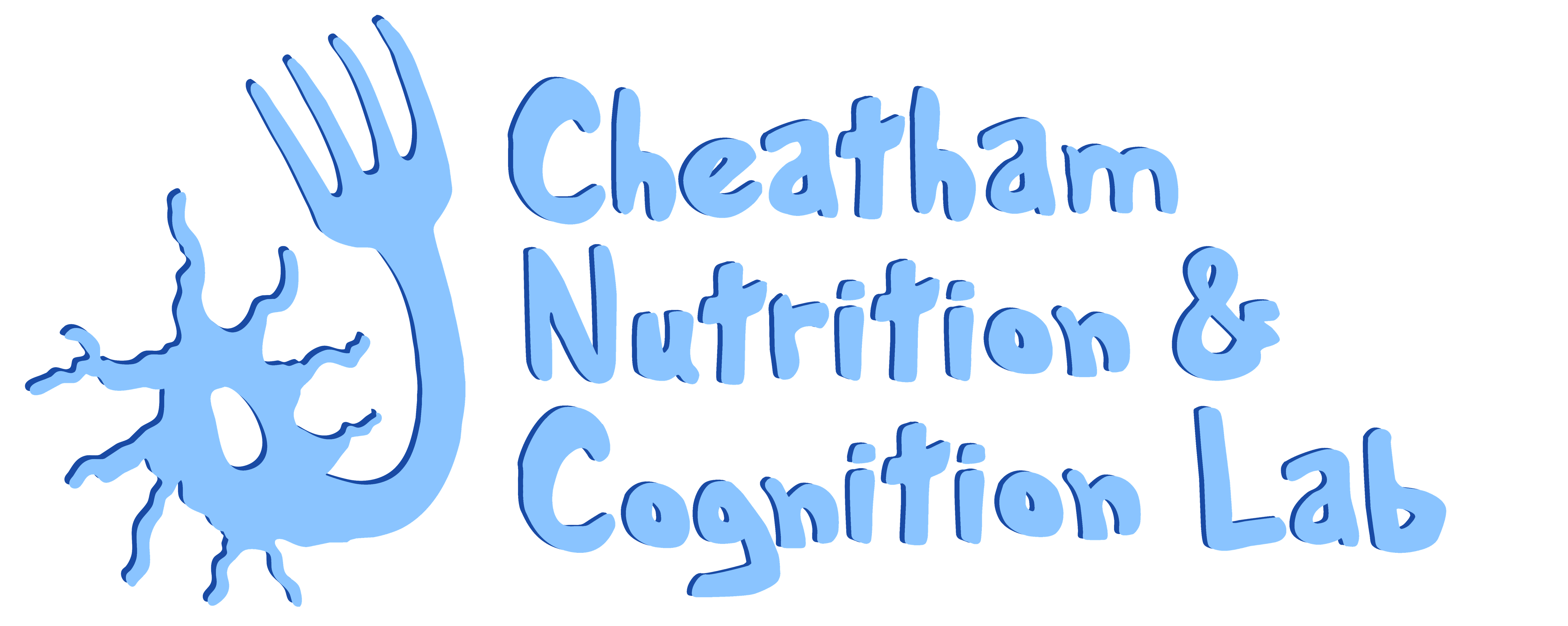Nutrients do not appear in nature in isolation: there is no such thing as a fruit that contains JUST vitamin C. All foods have several vitamins, minerals, and fiber. This food “matrix” helps vitamins and minerals to be available for the body’s use – a function called bioavailability. We have started thinking about bioavailability with respect to issues scientists have had finding evidence that one nutrient or the other has an effect on development. What if it is not one nutrient or the other, but rather is one food or the other?
Many of you helped us out on a study of human milk and infant cognition. We thank you again for your help with this study. We have analyzed three nutrients in the milk – choline, DHA, and lutein – and looked at them in relation to recognition data collected from the infants at 6 months. The results were very interesting.
Choline emerged as a big player. If the milk contained higher levels of choline and higher levels of DHA, infants had better recognition memory. Similarly, if the milk contained higher levels of lutein and higher levels of DHA, the infant had better recognition memory. Thus, choline supports infant cognition by working with other nutrients, and DHA and lutein are at their best when they have the support of choline.
What does this mean for expectant and nursing mothers? As usual, a diet full of good, whole foods is best. Women of child-bearing age have a special system in place to get the needed choline from food, but it never hurts to lend support by insuring that your diet includes choline. Choline foods include eggs and meat of all types. For our vegetarian and vegan friends, choline is found in mushrooms and soy.
Importantly, I was looking at a list of choline-containing foods and was very pleased to find chocolate cake on the list! I don’t know why. I don’t question. Next time someone asks you why you are eating chocolate cake, you can say because Dr. C said it is good for you and your baby!

